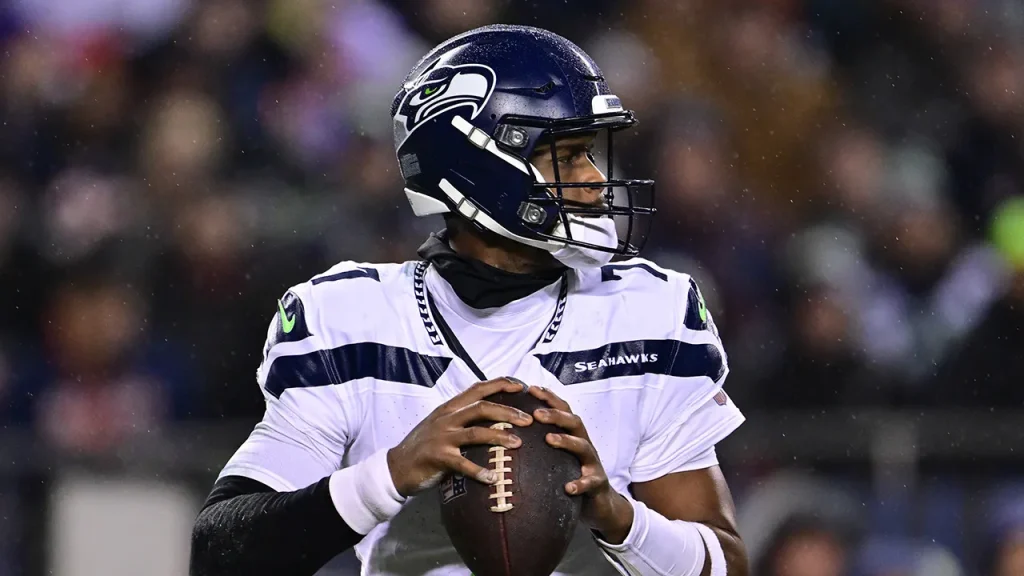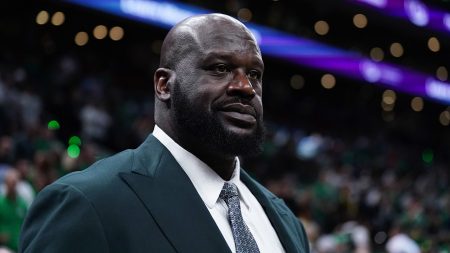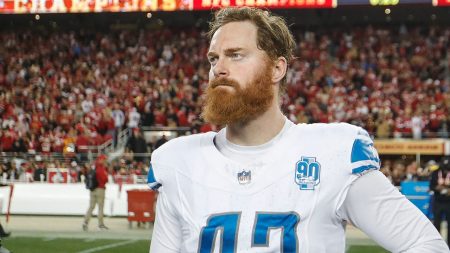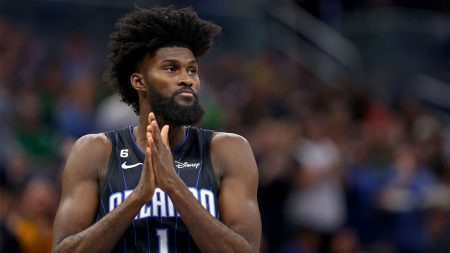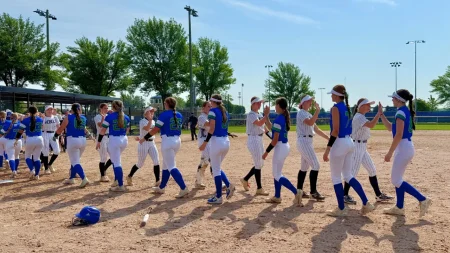The Thursday Night Football matchup between the Seattle Seahawks and the Chicago Bears was a defensive struggle that ultimately saw the Seahawks emerge victorious with a narrow 6-3 win. The low-scoring affair highlighted the offensive struggles of both teams, with neither able to find the end zone throughout the game. The victory pushed Seattle’s record to 9-7, keeping their playoff hopes alive and setting up a crucial Week 18 clash with the Los Angeles Rams that could determine the NFC West title. Meanwhile, the loss dropped the Bears to 4-12, solidifying their disappointing season and shifting their focus towards the future.
The game began with a promising drive for the Seahawks, moving the ball effectively against the Bears’ defense. However, they stalled inside the Chicago 10-yard line and settled for a field goal, a recurring theme throughout the night. Subsequent drives for Seattle resulted in punts, showcasing their inability to sustain offensive momentum. While they managed another field goal before halftime, their red zone struggles prevented them from capitalizing on early opportunities. The Bears’ offense, led by rookie quarterback Caleb Williams, fared no better in the opening half. Their initial drives were characterized by short possessions and minimal yardage, struggling to establish any rhythm against the Seattle defense.
A glimmer of hope emerged for the Bears late in the second quarter when Williams connected with rookie receiver Rome Odunze for an apparent touchdown. However, an offensive holding penalty negated the score, forcing Chicago to settle for a field goal, their only points of the game. The second half mirrored the first in terms of offensive futility, with neither team able to add to their point total. Despite the lack of scoring, the second half featured moments of excitement, particularly involving near-touchdowns for the Bears that were ultimately overturned.
One such instance involved a forced fumble by the Bears’ defense, with Kyler Gordon scooping up the loose ball and returning it for an apparent touchdown. Upon review, Gordon was deemed down by contact, nullifying the score. Another potential Bears touchdown was erased in the second quarter due to a holding penalty. These near misses underscored the Bears’ offensive struggles while highlighting their defensive resilience, which kept them within striking distance despite their inability to consistently move the ball.
The final drive of the game encapsulated the Bears’ frustrating night. Despite their offensive struggles, they mounted a late charge, with Williams extending plays with his legs and connecting with receiver D.J. Moore for crucial first downs. However, faced with a fourth-and-10 just outside field goal range, Williams was pressured by an all-out Seattle blitz, resulting in an interception that sealed the Seahawks’ victory. This final play symbolized the Bears’ inability to capitalize on opportunities, a recurring theme throughout the game.
Statistically, the game reflected the offensive struggles of both teams. Seattle’s Geno Smith completed 17 of 23 passes for a modest 160 yards, while Zach Charbonnet, filling in for the injured Kenneth Walker III, led the Seahawks’ rushing attack with 57 yards on 15 carries. On the Bears’ side, Caleb Williams completed 16 of 28 passes for 122 yards and an interception. D.J. Moore was the Bears’ leading receiver with six catches for 54 yards, while D’Andre Swift contributed both on the ground and through the air with 53 rushing yards and 28 receiving yards. The game ultimately highlighted the importance of defense and field position in a low-scoring affair, with the Seahawks’ ability to capitalize on limited opportunities proving decisive.




